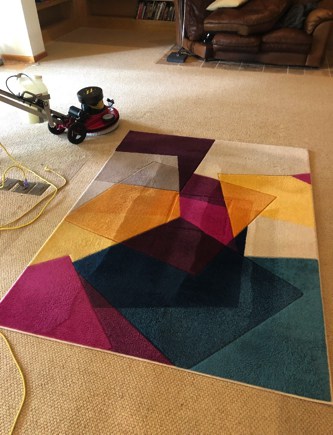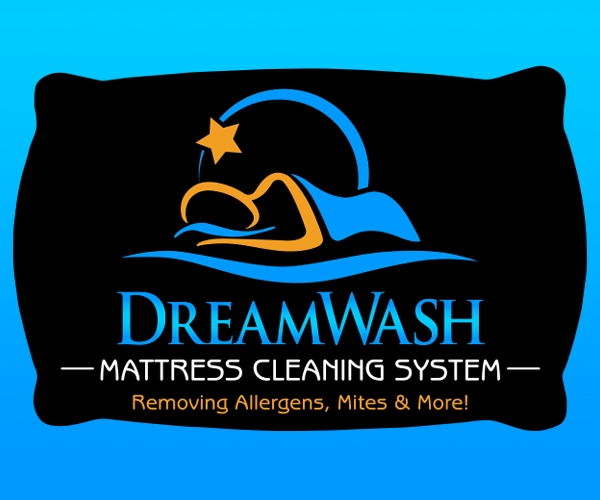Today I cleaned a home of a wealthy businessman whose company makes the displays and shelving for many upscale supermarkets. I also service the factory location that has very nice office carpets and the associated office environment. So, when I was at the home and the man’s wife, who also runs the company, asked me a question. At first, I did not think much of it. Maybe it was innocent just asking for advice, but coming from experienced business people it could also be a loaded question.
With her statement, “You’re the professional, what do you think?”, that question transfers accountability of the problem (in this case dog urine) onto the service provider. If what you say fails then the words you chose could be used against you. So, it’s very important to think about your answer. Will your solution actually fix the problem or is it an educated guess? If you know for sure, give your answer. But if you don’t, relay the solution to the customer’s problem in a more open-ended way, not with a definite response that you could be later held accountable for. This way, if your solution fails you didn’t lose credibility as you told them upfront that this first step may help but that the situation could also require additional steps to correct “their issue”.
Setting up the communications correctly from the start could make the difference of an understanding reasonable customer or a trip to court.









